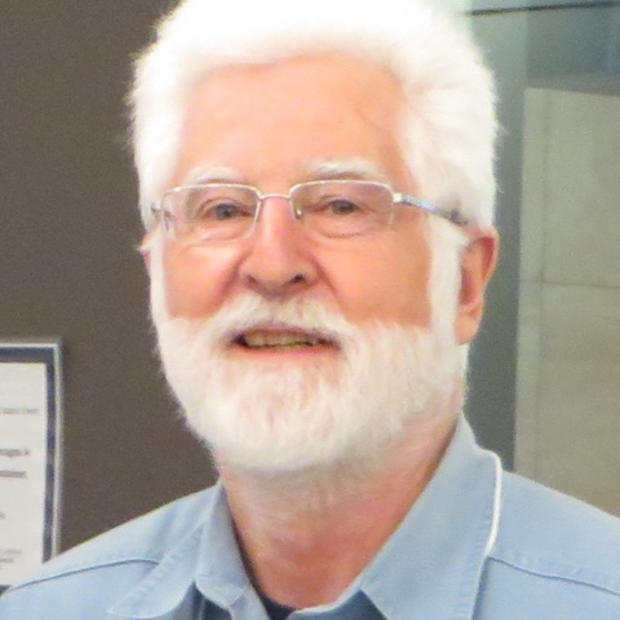If you put half a dozen well-known education reformers all on the same panel, including personalities like the Rev. Al Sharpton and Chester Finn, who aren’t shy about what they think, you might expect disagreement and dispute, even fireworks.
But that isn’t what happened Monday evening (May 9) when Seattle University’s College of Education put on the final event of its Education Conversation series at Campion Hall on the campus. The six panelists largely agreed on what’s wrong with American K-12 education and on many things that could be done to fix it.
The six on stage included Sharpton, who’s recently taken up the K-12 cause on behalf of the minority kids who get the least out of the system, and Finn, president of the Thomas B. Fordham Institute, an education think tank in Washington, D.C., that leans conservative. Joining them was Nick Hanauer, local venture capitalist who is co-founder of (and a lot of the money behind) the League of Education Voters, the force behind Initiative 728 in 2000, which for a while funded smaller class sizes until the legislature needed the money.
Also on the panel were Kati Haycock, president of the Education Trust, a powerful force among advocacy groups that can bring tears to your eyes with statistics on the low-income children the K-12 system leaves behind; Tyrone Howard, Ph.D, associate professor of Urban Schooling in the Graduate School of Education at UCLA and a passionate writer about what happens to minority kids in our schools; and Denise Pope, Ph.D., a lecturer at Stanford University’s School of Education whose research focuses on how present-day schooling and social pressures work against kids’ learning.
What they agreed on, and what the audience of educators and parents frequently and warmly applauded them for articulating, were these things (in no particular order):
- All-day kindergarten should be provided for every child.
- More time: The school day and school year should be lengthened. We need to “act on what we know.” (Haycock)
- We don’t demand enough of our kids; “we settle for mediocrity.” (Finn) Educators’ low expectations mean low-income kids are never challenged, are in fact short-changed. (Howard) Out in suburbia, middle-class kids coast through school uninspired. There is “severe disengagement with learning.” (Pope)
- We need an honest conversation about how badly the K-12 system handicaps children of color. (Howard) There is bigotry in low expectations. (Sharpton)
- Improve teacher preparation and evaluation. “What the public knows is that the school knows that there are teachers there that can’t teach.... That calls into question the integrity of the whole system” and weakens public support. (Hanauer)
- “Money. The painful truth is that it matters” (Hanauer), though others said what matters is what it’s spent on.
- Parents need to step up, provide more family time together. Read to young kids. Turn off TV. “Take all the electronics out of the (kid’s) bedroom.” (Pope)
Of course, there was some disagreement. Finn and Hanauer attacked the education bureaucracy and its resistance to change. For others that wasn’t a top issue. Haycock and Finn held out some hope that the broad new curriculum standards recently developed by consortia of states would lead to higher expectations for students.
When moderator Joseph Scott, UW professor emeritus, asked the panel what people in the audience should do, they offered this advice: Get involved with the kids in your life, visit schools and see firsthand what works and what doesn’t, and get active in politics to elect school boards and state legislators who will make a difference.
These recommendations, in the end, were pretty predictable, handed down repeatedly at countless academic and community education forums and PTSA meetings. Not that they aren’t valuable.
But when there are such strong common themes to the conversation — expect more from kids, wake up to the effects of race, provide pre-K services and all-day kindergarten, get parents to wise up and turn off the TV and read with the kids — you might wonder why year after year there seems to be so little, if any, favorable change in K-12 education.



